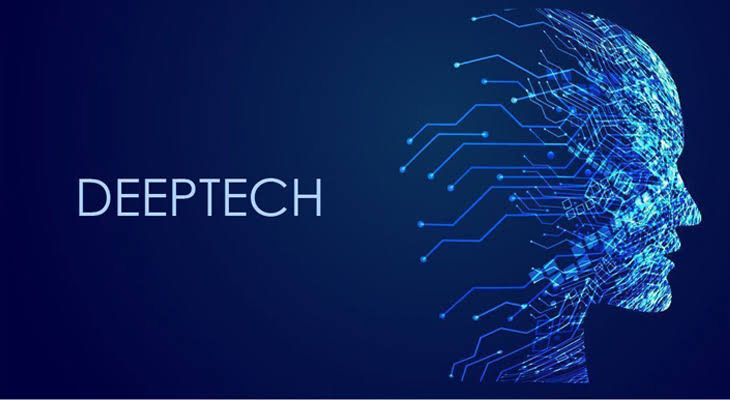‘Deep tech’ policy to be sent to Cabinet for approval, says scientific adviser (The Hindu)

- 06 Jan 2024
Why is it in the News
The government will be sending a note, on a new ‘deep tech’ policy for India in the coming weeks to the Union Cabinet for approval, said Prof. Ajay Kumar Sood, Principal Scientific Advisor at a public event on January 5.
Key Details in the Draft NDTSP:
- The Draft National Deep Tech Startup Policy (NDTSP) stands out through its key highlights, enhancing the existing Startup India policies by fostering an environment conducive to the growth of deep tech startups.
- It addresses the unique challenges these startups face.
- The draft NDTSP introduces new policy instruments and recommends essential policy changes under several themes, including nurturing research, development, and innovation, strengthening the intellectual property regime, facilitating access to funding, enabling shared infrastructure and resource sharing, creating supportive regulations, standards, and certifications, attracting human resources, initiating capacity building, promoting procurement and adoption, ensuring policy and program interlinkages, and sustaining deep tech startups.
India's 'Deep Tech' Startup Ecosystem faces significant challenges as outlined in the draft 'deep tech' policy:
- As of May 2023, the DPIIT recognizes 10,298 startups, but only about 10% fall under the 'deep tech' category, indicating a need for more effort and support.
- A major hurdle is the inadequate funding for 'deep tech' startups. Unlike fintech or retail software startups that require comparatively smaller funds, 'deep tech' startups demand significantly larger financial investments.
- This financial gap poses a notable obstacle to their growth and development.
What is Deep Tech?
- Deep technology, often referred to as "deep tech," encompasses advanced technologies rooted in substantial scientific or engineering innovations.
- These innovations are considered "deep" due to their sophisticated and highly advanced nature, providing solutions to complex challenges or issues.
- Examples of breakthroughs in deep tech include genomics, robotics, nanotechnology, and clean energy initiatives emerging from research labs and academia.
- Deep-tech startups and companies are characterized by their pursuit of solutions to intricate problems through technologies and processes involving lengthy research and development cycles.
- Importantly, businesses and startups that rely on easily replicable ideas do not qualify as deep tech startups.
- Deep tech stands apart from high tech, which denotes a broader scope of technical innovations and advancements.
- Unlike high-tech companies, those in deep tech are primarily focused on profound scientific or engineering breakthroughs.
